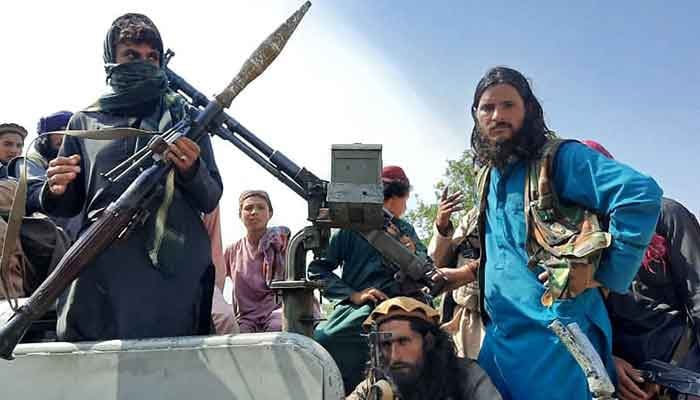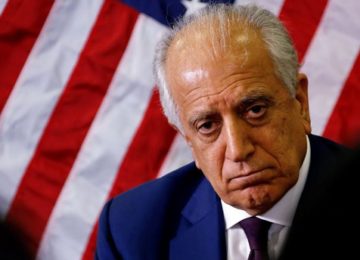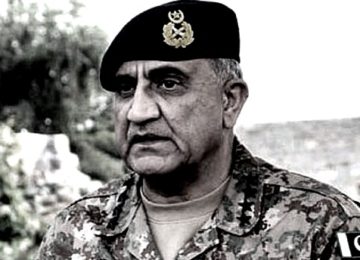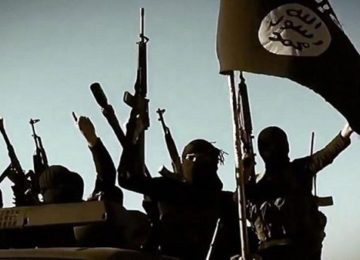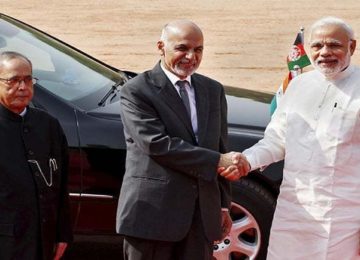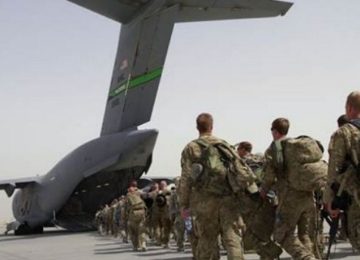The banned terrorist outfit Tehreek-i-Taliban Pakistan (TTP) is back to where it stood a year ago: a state of open war against Pakistan.
“The government not only failed to implement the decisions reached between the two sides (in November) but to the contrary, the security forces conducted raids in Dera Ismail Khan, Lakki Marwat, Swat, Bajaur, Swabi and North Waziristan and killed and detained militants,” said a TTP statement released to the media. “Under these circumstances, it is not possible to extend the ceasefire,” the TTP said.
As Pakistan sought to bait the outfit into negotiations and struck a temporary ceasefire truce with the group in November 2021, it had hoped for a reduction, if not cessation, in hostilities by TTP militants nestled in east Afghan territories across the border.
But the violence continued unabated. Attacks on Pakistani security forces went up three-fold with hundreds of police and military personnel falling to terrorist attacks. The talks also failed to take off as the TTP refused to lay down arms. It also stuck to its demand that the status of the erstwhile Federally Administered Tribal Areas (FATA) bordering Afghanistan be restored as of May 2018, when the government merged the region into the northwestern Khyber Pakhtunkhwa (KP) province. TTP also demanded the withdrawal of the army from ex-FATA regions followed by enforcement of Islamic Sharia laws.
All three demands amounted to red lines for Pakistan and thus the talks made no headway. Nor did the Afghan Taliban exert enough pressure on their Pakistani counterparts to relent in anti-Pakistan violence. On the contrary, they continue to host TTP chief Mufti Noor Wali Mehsud and several others in Kabul.
The TTP-led militant violence, particularly inside Pakistan’s border regions, had dramatically surged after the Taliban seized power in Afghanistan in August last year. It did record some decline but never ceased with hundreds of soldiers and army personnel falling to terrorist attacks in northwestern and southwestern Pakistan.
As part of an understanding, the government did release about a dozen of the 100 or so identified TTP militants but the TTP never budged from what constituted red lines for the Pakistani government i.e. reversal of FATA’s status, removal of the army and enforcement of Islamic Sharia.
This means that as the year draws to a close and Pakistan’s deputy foreign minister Hina Rabbani Khar presumably took up the issue with her counterparts during her Kabul visit on November 29, the government and the TTP talks remain stalemated. The renunciation by TTP of the ceasefire agreement also suggests violence is likely to go up as TTP has vowed to resume what it said were “retaliatory attacks” on Pakistani security forces, which it said had kept attacking TTP during the ceasefire truce.
In Pakistan, a dominant mindset prevails that the Afghan Taliban have some leverage in mediating TTP-Pakistan government talks and hence can aid in devising pragmatic and peaceful solutions, but this did not materialize. Being its ideological offshoot, TTP ideally should not act austere when it comes to listening to the Afghan Taliban. Besides, Pakistan should have mediated from a position of strength, but it seems it did not. It is a decisive time for the Afghan Taliban too. Being proponents of peace, they must also come forward and offer negotiations to both parties. Pakistan also needs to stick to its zero-tolerance approach toward terrorism, but it is essential to address the TTP concerns and reach an agreement that offers long-lasting peace to the region.
In a special arrangement between Matrix Media and ASC/CRSS
November 29, 2022



